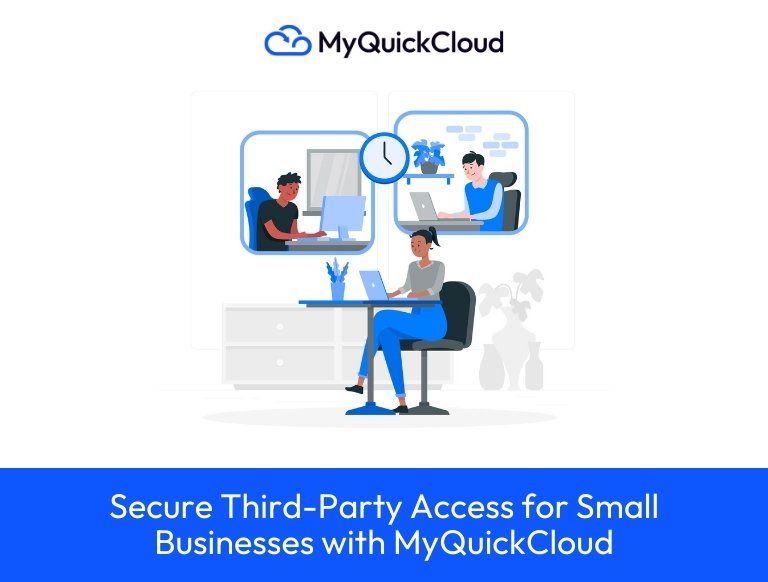If your business is on a tight budget, you cannot afford to make staffing mistakes. You can avoid these common ones by following these tips from MyQuickCloud.
When you are just starting out as a business, one of the first challenges you will encounter is hiring staff. When you have few employees, the people in your business are very important, so you must get it right. The following are six HR mistakes that small businesses and start-ups make and how to avoid them.
A lack of investment in staff management
Investing in staff management software takes too long for small businesses, which is one of their major HR mistakes. It’s easy to overlook, but staff management systems are extremely useful. Using it, you can manage holiday requests and other time off, plan shifts, keep track of employees’ working hours, and provide information on their availability.
Legislation and regulations are ignored
Often, businesses and start-ups violate the law without their knowledge, and it’s not their fault. Although employers have the best intentions, they can do things that are not in their best interests. Employers often assume that by following their own ethics and business knowledge, they are doing the right thing, but they need to know their responsibilities under employment law.
You are responsible for understanding and following employment law, which can be complicated. It is against the law to fail to follow laws and regulations regarding acceptable working hours, overtime, and more. You should speak to a specialist in employment law if you are in any doubt.
Considering there is no need for perks
Some employers believe that because they are a small business, they do not need to offer perks and benefits. Remember that you need to offer competitive benefits packages to compete with other employers. Study what similar companies offer their employees so that you can understand what is most appropriate for your company.
A lack of good benefits and perks can lead to staff being poached by competitors, and you cannot afford to lose such talent.
Inadequate onboarding
The onboarding process is especially important in an age when hybrid working is more common. As a result, employees will be happier and more likely to remain with the organization.
Setting out your new employee’s work and getting their tech set up is a must. Get them together and help them build relationships with other team members by setting up some meetings. It may even be beneficial to organize an event around their start date. Support your staff, whether they’re online or in person.
Ask new starters for feedback after they’ve settled in so your onboarding process can be continually improved.
The failure to develop employees
Many employees are more concerned about the future of the business than the present, so it’s important to focus constantly on the present. A long-term employee development plan is necessary. The failure to offer staff any kind of advancement or training can lead them to reconsider their position and look for a new job.
It is up to businesses to recognize that their employees are capable of improvement and development.
Having a fear of firing if something doesn’t work
There is a possibility that big corporations can carry dead weight and still survive. It’s impossible for startups. This is not to say you should always find reasons to fire people. It would be detrimental to both your business and your employees. Despite this, warning bells are usually loud enough for anyone to hear them. You shouldn’t ignore them.
This won’t be an easy or pleasant process. In the long run it will benefit all parties.





